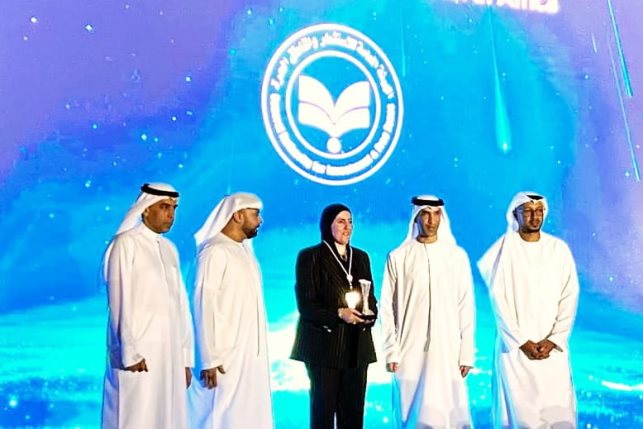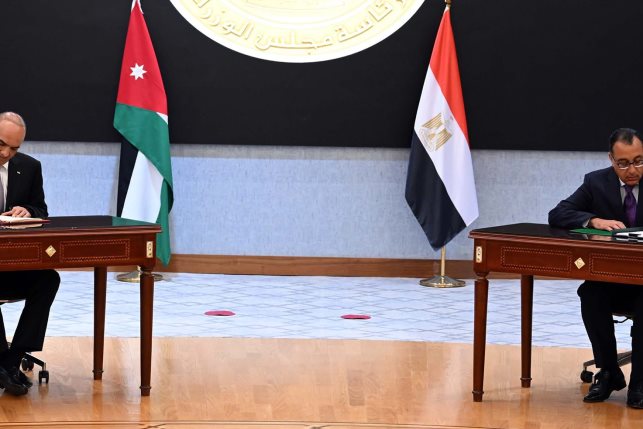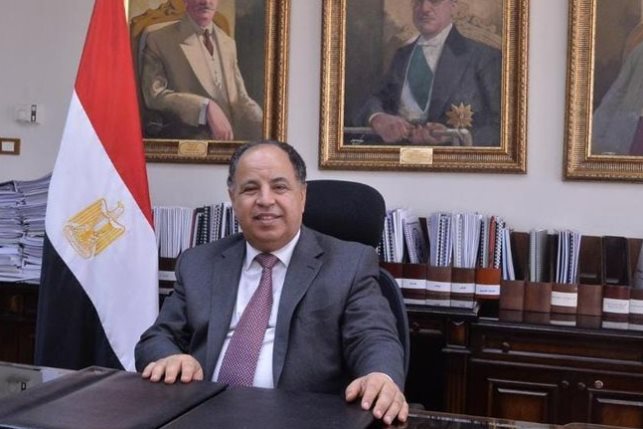Egyptian Tax Authority embraces digital transformation to revolutionize taxation processes
The primary goal of this digitization effort is to enhance the financial resources of the Egyptian state.
 Fayez El-Dabaani, the head of the Egyptian Tax Authority - File Photo
Fayez El-Dabaani, the head of the Egyptian Tax Authority - File Photo
Fayez El-Dabaani, the head of the Egyptian Tax Authority, emphasized that the digitization of tax operations is a top priority supported by the Egyptian political leadership.
The primary goal of this digitization effort is to enhance the financial resources of the Egyptian state.
Dr. El-Dabaani highlighted the significant advantages of digitizing tax operations, particularly the optimization of tax revenues, while acknowledging the tremendous effort exerted by the Egyptian government to ensure the success of this initiative.
Dr. Fayez El-Dabaani further stated that there are no exceptions when it comes to registering for the electronic invoicing system.
He expressed the readiness of the Egyptian Tax Authority to provide all necessary assistance to taxpayers in the registration process.
He also emphasized that tax centers are working tirelessly to expedite tax inspection procedures, and the Egyptian Tax Authority boasts proficient examiners trained to the highest standards to conduct thorough tax audits.
Moreover, Dr. Fayez El-Dabaani elaborated on the incentive system designed to encourage citizens to request electronic invoices or receipts.
This system offers various incentives and rewards, including regular draws for substantial prizes, with prizes reaching up to one million Egyptian pounds.
Dr. El-Dabaani underscored the significance of the Payroll and Salary System, a key outcome of the tax digitization efforts.
He clarified that the system will not contradict any existing tax laws, as it was developed to govern salaries and maintain the confidentiality of payroll data, ensuring the security of all salary-related information.
Dr. Sayed Saqr, Deputy Head of the Egyptian Tax Authority, highlighted the Ministry of Finance's commitment to unify the databases of taxpayers in both tax and customs authorities.
This integration also includes linking the electronic invoice system, which tracks commercial transactions for companies in real-time, with the Unified National Trade Platform (Nafeza), which monitors imports and exports instantaneously.
This integration will help match invoice values with the codes of imported items, ultimately reducing tax evasion rates and maximizing the state's general revenues.
One of the notable advantages of the electronic invoice system is the provision of statistical reports, which identify any issues hindering economic activities, allowing the Egyptian Tax Authority to promptly assist taxpayers in resolving them.
Maha Ali, Head of the Media Unit at the Office of the Head of the Egyptian Tax Authority, pointed out that the authority regularly hosts online seminars covering various electronic systems.
In a related context, Hassan Hegazy, Chairman of the Customs and Taxes Committee at the American Chamber of Commerce, expressed his gratitude to the Ministry of Finance and the Egyptian Tax Authority for their flexibility in resolving tax-related issues faced by the business community.
Hossam Nasr, Deputy Chairman of the Customs and Taxes Committee at the American Chamber of Commerce, commended Egypt's leadership in development and digitization efforts. He cited the Egyptian Tax Authority as a model to be emulated in the Arab region.
This discussion took place during a seminar held by the Egyptian Tax Authority in collaboration with the American Chamber of Commerce's Customs and Taxes Committee.
The seminar addressed various tax-related issues arising from the digitization of tax procedures and provided appropriate solutions.
It was attended by Dr. Moawad Khalil, Head of the Central Administration for the Affairs of the Office of the Head of the Egyptian Tax Authority; Mohamed Abdel Fattah, Head of the Investment Mission; Salah Mohamedi, Director General of the Central Administration for Electronic Transactions; Maha Ali, Head of the Media Unit at the Office of the Head of the Egyptian Tax Authority; Engineer Andrae Kamal, Director General of Internal Support at the Central Administration for Electronic Transactions; and Salah Ismail, Director of the Agreements Department at the Central Administration for Electronic Transactions, along with many members of the Chamber.
Egypt's dedication to modernizing its tax infrastructure through digital transformation showcases the country's commitment to bolstering its financial resources while streamlining tax operations for its citizens and businesses. These efforts are poised to enhance transparency, reduce tax evasion, and improve overall economic performance.





